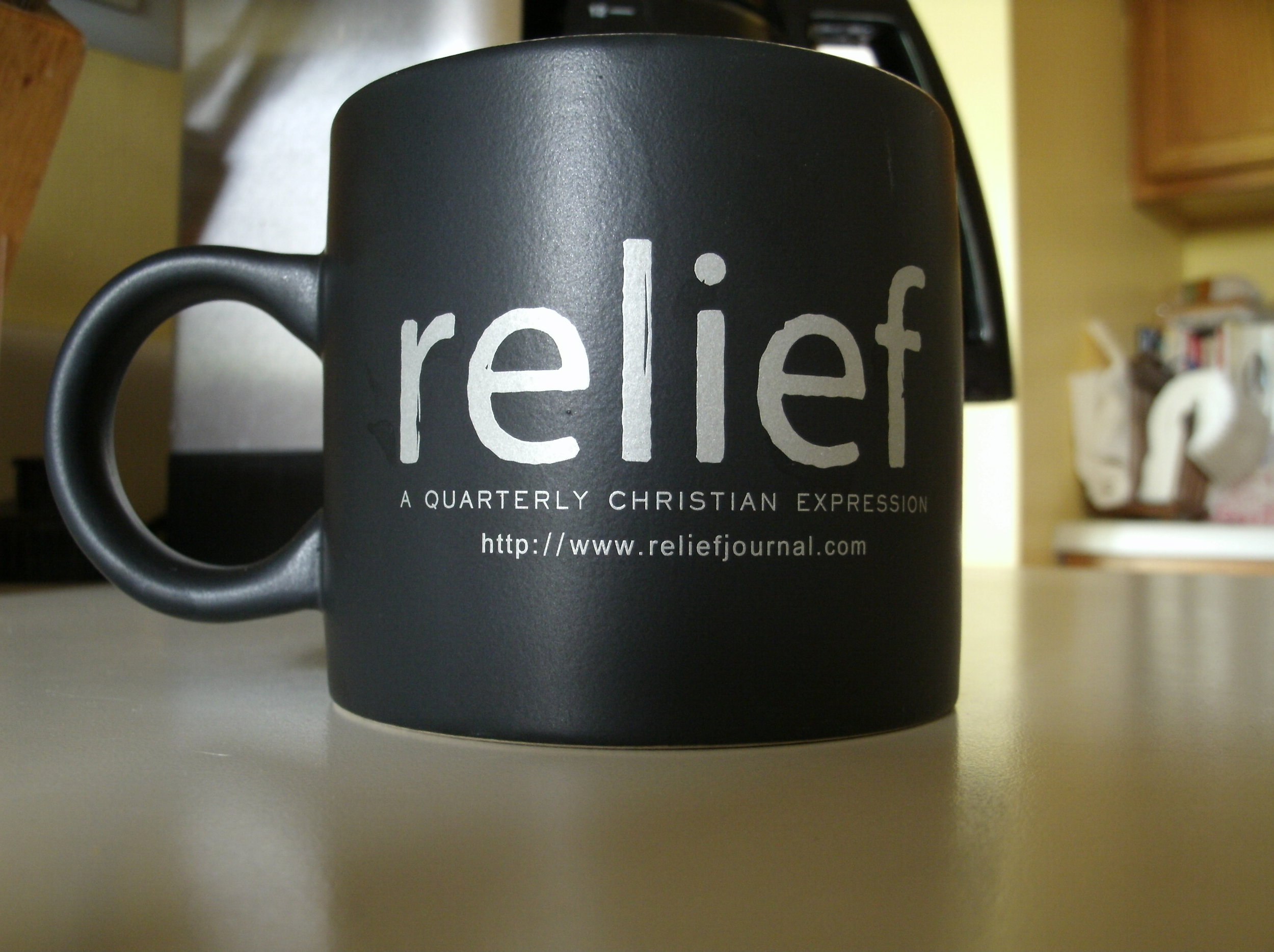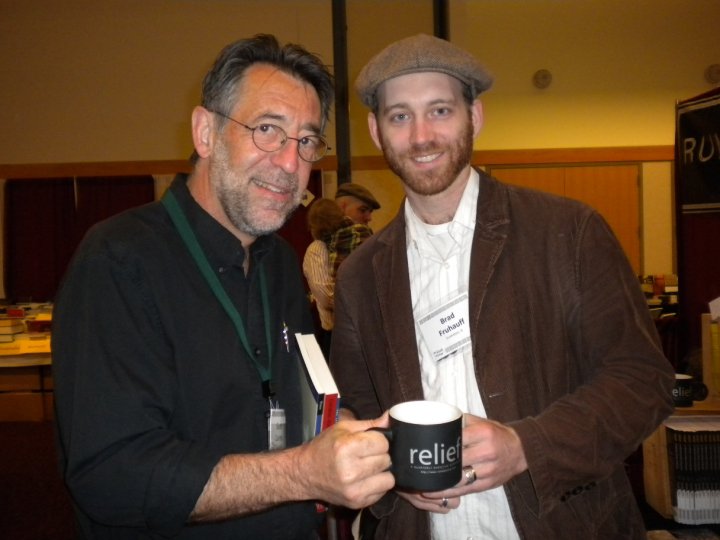Trading Failures for Successes?
Michael Dean Clark
(The second in a series on my attempt to hike to the top of the tallest peak in the continental United States. You can find the first here.)
“Everything I have I count as loss/Everything I have is stripped away/Before It started building I counted up these costs/Ain’t nothing left for you to take away.” Hello Hurricane – Switchfoot
At present, I find myself deeply influenced by pretty much all of the music of Jon Foreman. Most know him from his group Switchfoot, some from his side project Fiction Family with Nickel Creek’s Sean Watkins, still others from his solo seasons EPs.
In my case, I listen to pretty much anything he chooses to put to record, including Switchfoot’s vastly underrated cover of Beyonce Knowles’ “Crazy in Love.” If I had to rank current song writers, Foreman’s in the top three.
So, given my musical and lyrical man crush on his work, it’s really no surprise “Hello Hurricane” came to mind as I trudged down Mount Whitney without finishing what I came to do. But it was an odd convergence.
I think at first I wanted to hear these lyrics as encouragement. You know, I may have failed, but really in the big picture I’m way more blessed than cursed or something like that. And, at another moment, that would have been a valid, potentially comforting interpretation. But with a little distance, I think it was something else.
A short digression to get to where we’re going. Consider it a switchback in the trail of this piece. One of the guys in my hiking party, Dave, is the originator of a process called the 100 Things Challenge. If you want specifics on this process, see here and then buy Dave’s forthcoming book. Generally, it’s about looking at the clutter of things you have and how they’re standing in your way of living simply content.
This concept is never more apparent than when one is backpacking. You carry only what you need, plan very specifically so you’re prepared for contingencies, and truly enjoy all you have (dehydrated sweet and sour pork from a plastic pouch is only truly edible at the end of a long hike).
So here’s the intersection. You’re never as aware of what you need as when you put a limitation on what you can have (as in the case of carrying what you will need to survive a mountain or trying to maintain only 100 personal possessions). What you have, then, is at once much more critical, and, strangely, much more easily defined as temporal.
In our acquisitive culture (that culture being more generally human than merely Western and capitalistic), we expect the inverse of this relationship, only to find that the more we get, the more we have to have to convince ourselves we are secure. Our possessions fail to bring joy or peace. Instead, they breed a fear of going without so strong we fail to see how rich we are.
I can hear your thoughts at this point. “But, did I really read this whole blog for a shopworn message on the evils of consumerism?”
Ha. To quote Lane Hall, you’ve been “Trojan-horsed.”
Where Jon Foreman and Mt. Whitney merge for me is in the way we treat successes like possessions, desperately piling up easy wins to ward off the sensation that we are all failures. However, the more cheap “triumphs” we collect, the more we suspect our lack.
Only the reality of an earned failure can shift our view and move us embrace the message of Foreman’s chorus.
“Hello hurricane, you’re not enough/Hello hurricane, you can’t silence my love/I’ve got doors and windows boarded up/All your dead-end fury is not enough/You can silence my love.”
Michael Dean Clark holds a PhD in English from the University of Wisconsin-Milwaukee and is an assistant professor of writing at Point Loma Nazarene University in San Diego, California. Currently, he is somewhere between Milwaukee and San Diego.
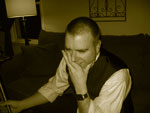


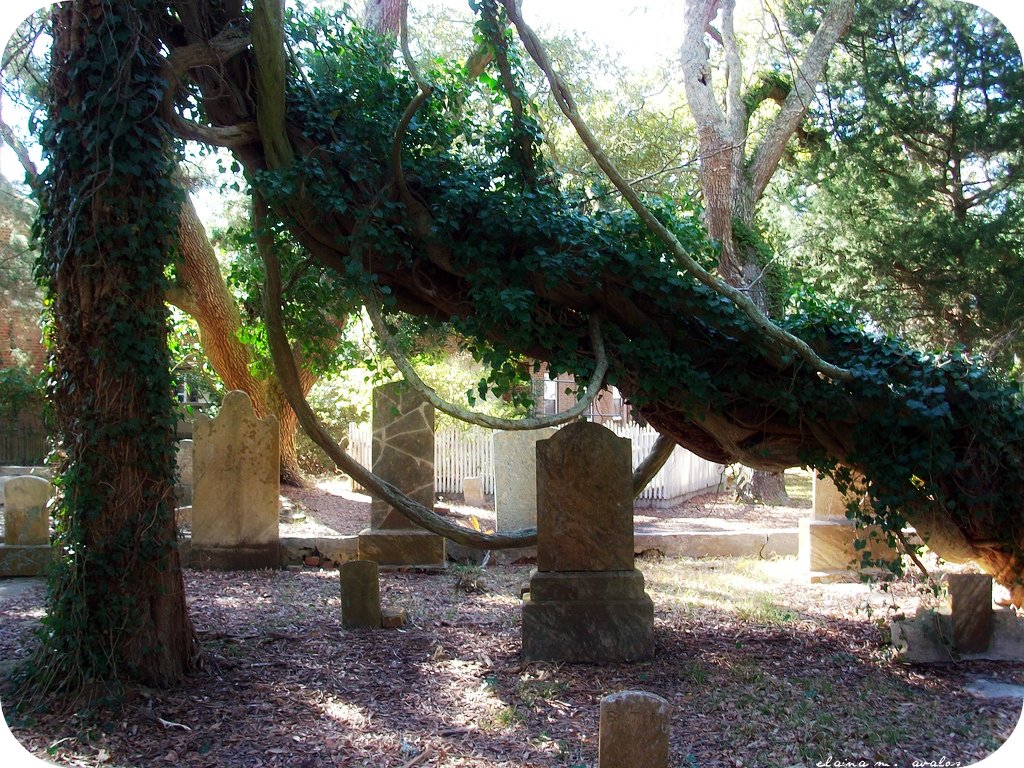


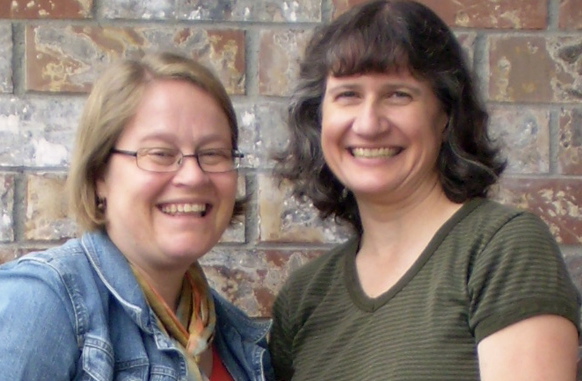
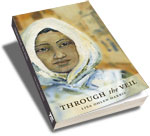


 Photo courtesy of
Photo courtesy of 


